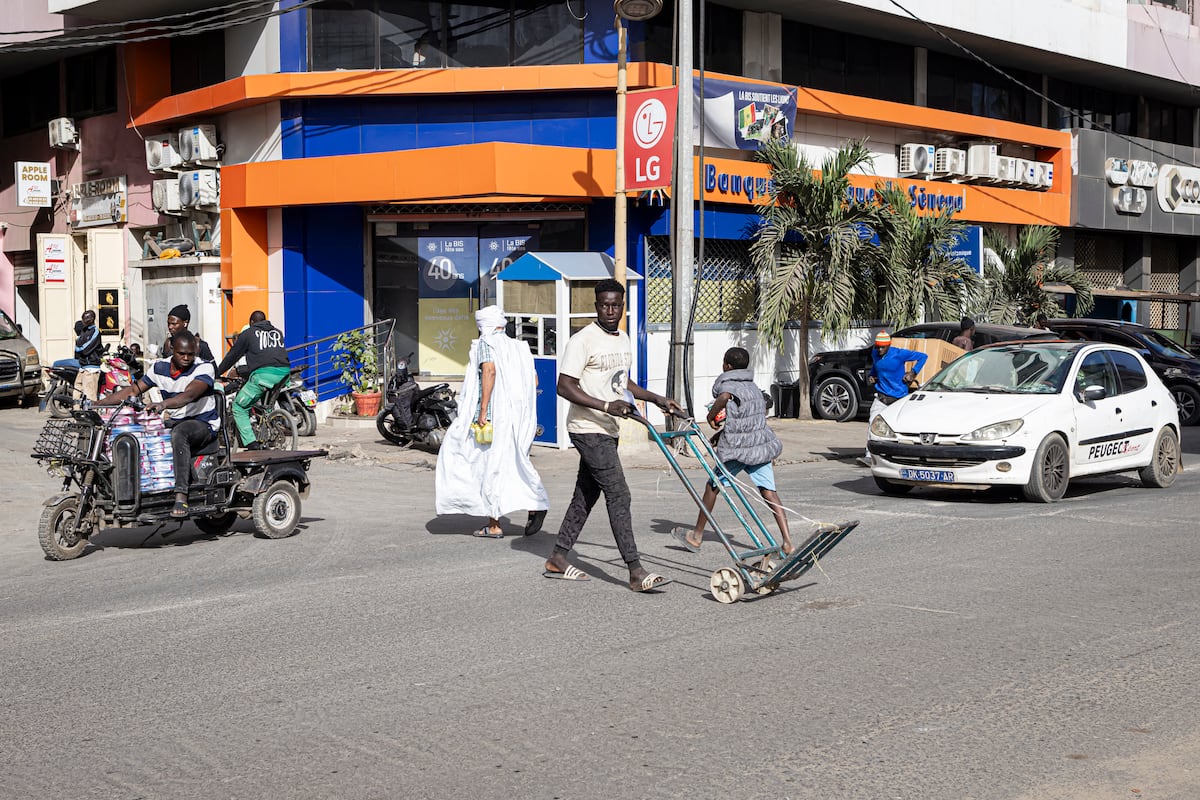
"To take a break from the heat, Abdoulaye Ba sits on one of the benches that adorn Dakar's West Corniche. The promenade is just a few feet away from the sea. Over the past two decades, this coastal avenue, where thousands of young people play sports in the evening, has been a symbol of the dynamic construction industry in Senegal's capital. Dozens of half-finished buildings rise here and there, from the Plateau administrative center to the Almadies nightlife district."
"However, lately, all construction work has come to a standstill. Ba, who runs a family-run ironworks company, laments: I used to have 20 workers. And now, they're all sitting at home, idly. And here, you know, people live day to day. On top of that, I have a debt that I don't know how I'm going to pay. It's a disaster."
"Not surprisingly, the appearance of a staggering $6 billion hole in the public accounts has officially made Senegal the most indebted country in Africa. Specifically, the country owes 119% of its GDP. This has caused its credit rating to plummet to B-, just one step away from the abyss of default. On August 1, President Bassirou Diomaye Faye and Prime Minister Ousmane Sonko appeared before the nation to deliver a difficult message."
Construction activity in Dakar has stalled, leaving many small businesses and workers idle and exacerbating daily hardship for families. A $6 billion shortfall pushed national debt to 119% of GDP and caused the credit rating to fall to B-, nearing default. The government led by President Bassirou Diomaye Faye and Prime Minister Ousmane Sonko announced an emergency plan on August 1 to address the crisis. The plan includes austerity measures, higher taxes, and sales of public land as authorities seek to stabilize public finances and restore investor confidence.
Read at english.elpais.com
Unable to calculate read time
Collection
[
|
...
]